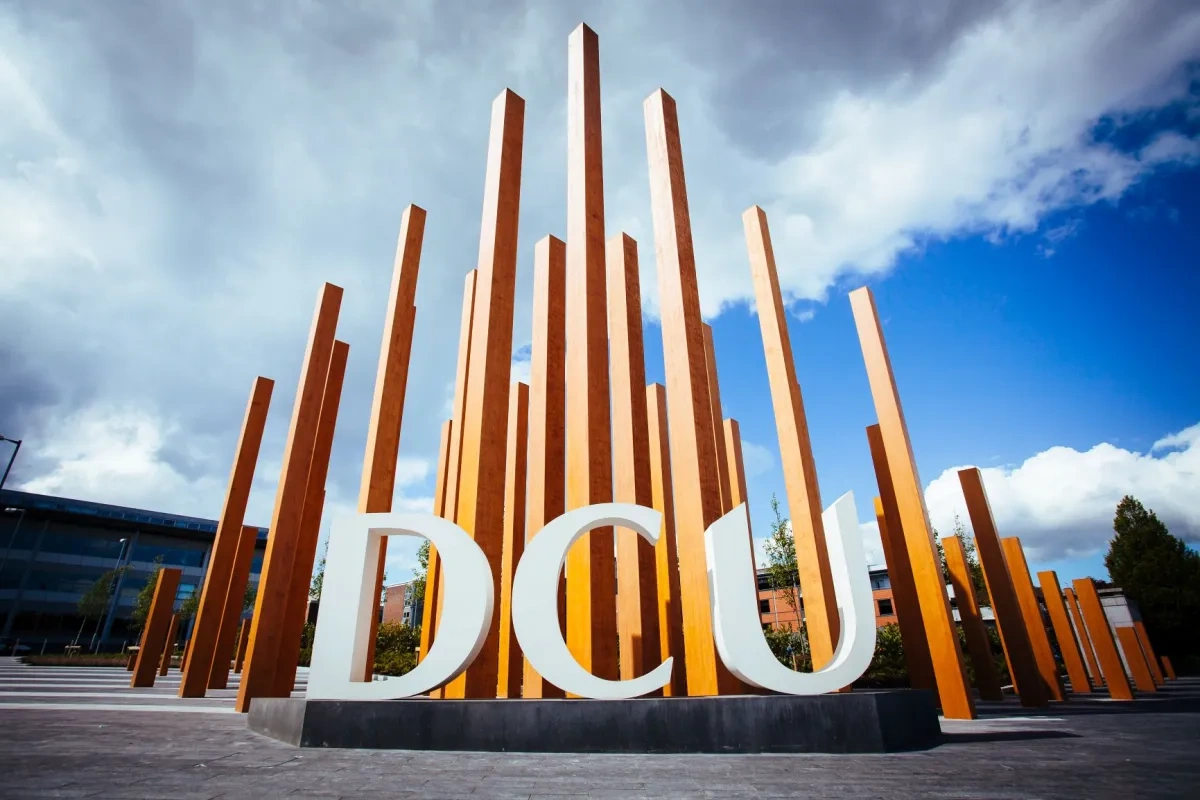

Three new research projects set to tackle complex societal challenges
Congratulations to our colleagues Dr Diarmuid Torney, Dr Danny Marks and Dr. Dervila Cooke on being successfully awarded funding under the New Foundations 2020 scheme by the Irish Research Council. The scheme aims to support research that addresses the challenges of our time and it has awarded funding worth €6.5 million to more than 278 projects since it began in 2015.
Helping low-income communities adapt to climate change in Cambodia
Dr. Danny Marks is an Assistant Professor of Environmental Politics and Policy in the School of Law and Government and in partnership with the Royal University of Phnom Penh Cambodia, he received funding for his project which aims to reduce the risk of flooding in that region through collective action.
Flash flooding in Cambodia due to climate change
Cambodia is one of the most vulnerable countries to climate change globally. One expected impact is more frequent and intense precipitation events, which can lead to flash flooding. Concurrently, Phnom Penh, the capital, is the largest and fastest-growing city with over two million residents. According to Dr Marks, it’s a place where urbanization has been largely unplanned with no official zoning plans and building codes. Furthermore numerous lakes and wetlands have been filled in to facilitate residential and commercial development, reducing the city’s capacity to absorb floodwater.
Collective action on flood governance
Dr. Marks said: “Our goal is to use this project as a springboard to help build a network of actors to improve collective action on pro-poor flood governance. Together with the Royal University of Phnom Penh, I will be conducting interviews with key stakeholders about the causes of flooding affecting low-income communities in Phnom Penh and what can be done to address it. We will identify local and international NGOs, community groups, municipal officials, and academics working on urban flooding and engage them in a workshop to share my findings. We hope that the findings and suggestions will help form the basis of a partnership in this area for a future COALESCE project.”
Seasonal food project
Dr. Dervila Cooke from the School of Applied Language and Intercultural Studies has partnered with Airfield Estate in Dublin to support the growing of local food by communities, schools and individuals to promote eating food that’s in season to reduce carbon footprint.
Sustainable food consumption
Dr. Cooke said: “I'm passionate about growing food locally and promoting sustainable food consumption. This project aims to minimize food miles and to promote healthy and ethical seasonal eating with a reduced carbon footprint. It also seeks to encourage a much-needed reconnection with the soil, particularly in urban areas. It draws on best practice nationally and internationally and works at individual, local, municipal, school and community levels.”
Community garden network
The project enjoys collaboration and support from Newcastle University as well as from community gardens in Paris. By September ‘grow it yourself’ class plans will be rolled out in a selection of Dublin schools alongside the development of a community garden network in Ireland, France and the UK, all of which will culminate in a stakeholder workshop in November 2021.
Environmental and climate injustice in vulnerable communities in Ireland
Dr. Diarmuid Torney from the School of Law and Government was awarded funding for his project to investigate to what extent and in what ways environmental injustice is experienced by vulnerable and marginalised communities in Ireland. This project is a collaboration between DCU and Community Law and Mediation, an independent, community-based law centre.
Environmental burdens or benefits
Environmental justice calls attention to the ways in which different groups and communities experience environmental burdens such as climate change, pollution or energy poverty. Or how they enjoy environmental benefits such as access to green space and fresh, local food. It also draws attention to the need to ensure that policies to address climate change such as e.g. a carbon tax, do not disproportionately affect groups experiencing poverty, social exclusion or inequality, and that measures to alleviate climate impacts are designed with an understanding of differences in vulnerability of individuals and groups to projected impacts of a changing climate.
Gap in knowledge of environmental justice
Dr. Torney said: "There is a significant gap in our knowledge of environmental justice in Ireland, particularly as it pertains to vulnerable and marginalised groups. While extensive research has been conducted in other jurisdictions on this topic, it remains an under-researched area in Ireland. This project will significantly deepen our understanding of this crucial area. The EnvJustice project will develop, for the first time, a detailed evidence base on this vital topic through primary data collection and analysis."
DCU was awarded funding for five projects in total under the New Foundations 2020 scheme and you can read more about them here.
